UW Health Sciences Library (HSL) is recruiting members for its Graduate and Professional Student Library Advisory Committee (GPS-LAC)!
Interested students should apply by October 31st!
Our mission at the Health Sciences Library (HSL) is to advance scholarship, research, education, and health care by anticipating information needs, providing essential resources, and facilitating learning for the greater health sciences community. This library is a resource for you as students, and the best way we can improve is from your feedback and collaboration. Join this online opportunity to brainstorm resources and services that serve our future health sciences professionals.
Purpose:
- Provide a collaborative space in which students have a central voice in brainstorming and play a key role in decision-making for improvements and new services
- Learn about library resources that help with your studies and research
Benefits:
- Participate in meaningful change through collaboration with fellow students and library staff
- Create a library that serves all current and future students by centering its focus on providing services and spaces that directly benefit its users
- Members receive letters and certifications of appreciation for their professional portfolios at the end of the year-long quarterly commitment (three meetings in total)
Expectations:
- Commit to 1 virtual, 60-minute meeting per quarter in Fall, Winter, and Spring
- Thoughtfully engage with the ideas discussed at the meetings and share these ideas and meeting notes with your peers
- Check email regularly for meeting notes and updates
How to Join:
- Graduate students from all six UW Health Science Schools are welcome to join! Please note that while you do not have to be in the Seattle area, our times will be announced in PST. Please let us know if you live in a different time zone so that we can give you the correct times
- No prior experience necessary!
- Please fill out our interest form to tell us a little bit about yourself and why you’re interested. We’ll respond within two weeks with more information











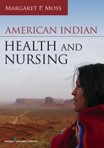

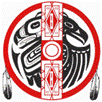
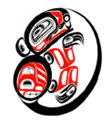
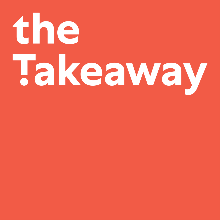

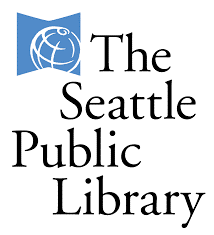
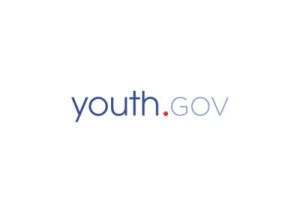
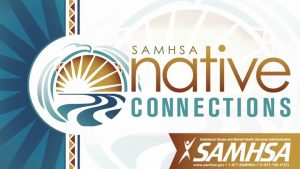
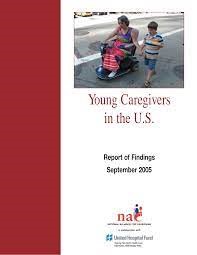
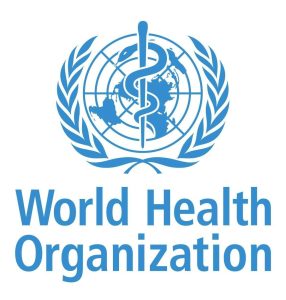
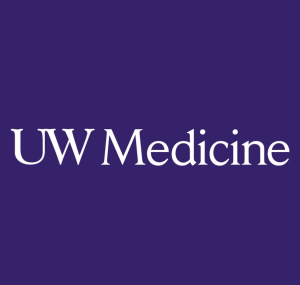 Pediatric Health Library –
Pediatric Health Library – 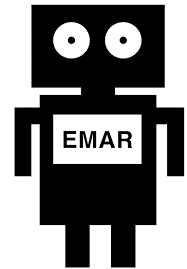 Read about UW’s
Read about UW’s 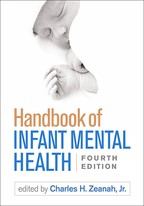
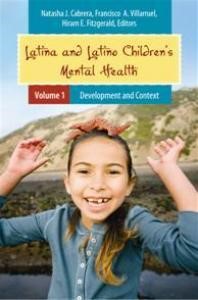
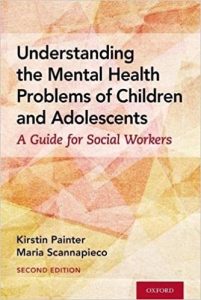
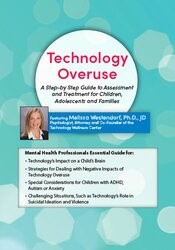
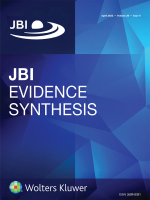 Journal article:
Journal article: 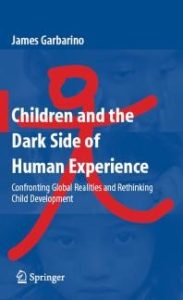
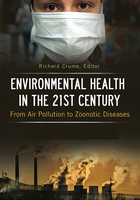 Environmental Health in the 21st Century: From Air Pollution to Zoonotic Diseases
Environmental Health in the 21st Century: From Air Pollution to Zoonotic Diseases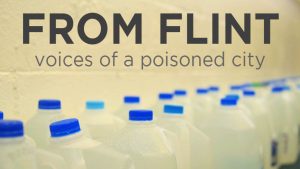 From Flint: Voices of a Poisoned City
From Flint: Voices of a Poisoned City  Risk on the Table: Food Production, Health, and the Environment
Risk on the Table: Food Production, Health, and the Environment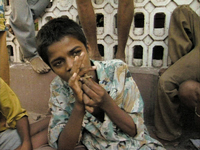 India Inhales
India Inhales All We can Save: Truth, Courage, and Solutions for the Climate Crisis
All We can Save: Truth, Courage, and Solutions for the Climate Crisis